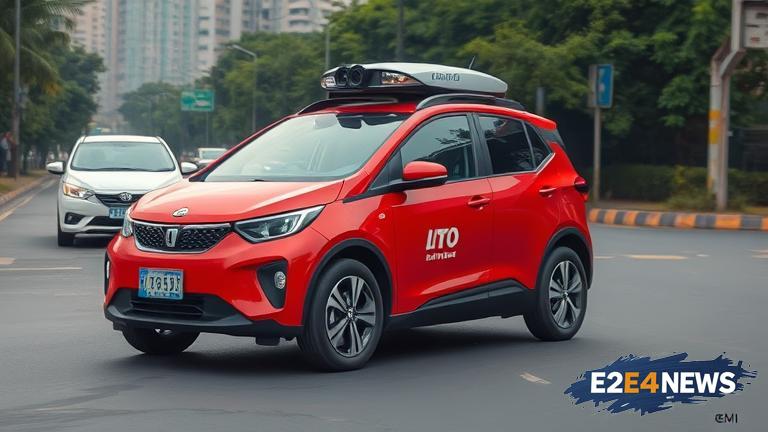The Vietnamese Ministry of Transport has announced that fully autonomous cars are not yet suitable for the country’s road conditions. This decision was made after conducting a thorough review of the current infrastructure and traffic situation in Vietnam. According to the ministry, the country’s roads are not equipped with the necessary facilities to support the safe operation of fully autonomous vehicles. The lack of clear lane markings, inadequate traffic signals, and insufficient road maintenance are some of the key factors that make it difficult for autonomous cars to navigate the roads safely. Additionally, the ministry noted that the country’s traffic laws and regulations are not yet prepared to handle the complexities of autonomous vehicles. The ministry’s conclusion is based on a study that assessed the readiness of Vietnam’s transportation infrastructure to support the deployment of autonomous vehicles. The study found that while Vietnam has made significant progress in developing its transportation infrastructure, there is still much work to be done to create an environment that is conducive to the safe operation of autonomous vehicles. The ministry has recommended that the government focus on improving the country’s road infrastructure, including the installation of clear lane markings, the upgrade of traffic signals, and the implementation of intelligent transportation systems. The ministry has also suggested that the government establish a regulatory framework that addresses the unique challenges and opportunities presented by autonomous vehicles. This framework should include guidelines for the testing and deployment of autonomous vehicles, as well as rules for liability and insurance. The development of autonomous vehicles is a rapidly evolving field, with many countries around the world investing heavily in the research and development of this technology. However, the deployment of autonomous vehicles on public roads is a complex issue that requires careful consideration of a range of technical, legal, and social factors. In Vietnam, the ministry’s conclusion that fully autonomous cars are not yet suitable for the country’s road conditions is a prudent decision that prioritizes public safety. The ministry’s recommendations for improving the country’s road infrastructure and establishing a regulatory framework for autonomous vehicles are important steps towards creating an environment that is conducive to the safe and efficient operation of these vehicles. As the technology continues to evolve, it is likely that Vietnam will revisit the issue of autonomous vehicles and consider their deployment on public roads. However, for now, the focus is on improving the country’s transportation infrastructure and establishing a regulatory framework that addresses the unique challenges and opportunities presented by autonomous vehicles. The ministry’s decision is also in line with the government’s overall strategy for developing the country’s transportation sector, which prioritizes safety, efficiency, and sustainability. The development of autonomous vehicles is just one aspect of this strategy, which also includes investments in public transportation, road safety, and transportation infrastructure. In the coming years, Vietnam is expected to continue to invest in the development of its transportation sector, with a focus on creating a safe, efficient, and sustainable transportation system that meets the needs of the country’s growing population. The ministry’s conclusion that fully autonomous cars are not yet suitable for the country’s road conditions is an important reminder of the need for careful planning and consideration in the development of new transportation technologies. As the country continues to evolve and grow, it is likely that autonomous vehicles will play an increasingly important role in the transportation sector, but for now, the focus is on improving the country’s road infrastructure and establishing a regulatory framework that prioritizes public safety.
